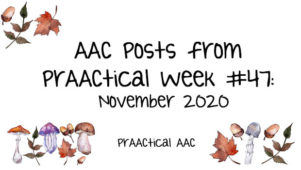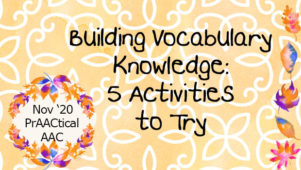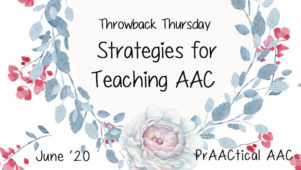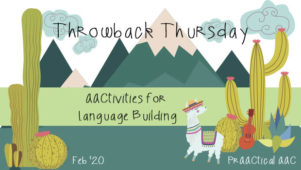Choosing a Focus for Vocabulary Instruction
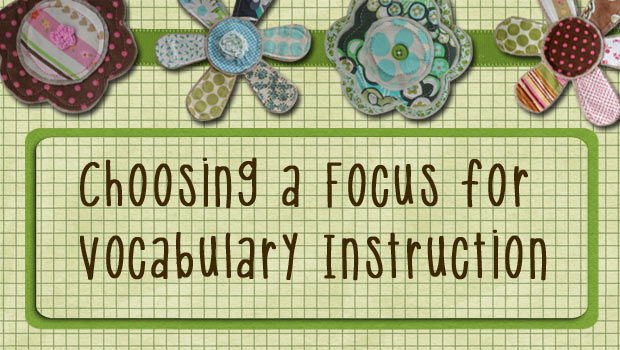
In writing our posts on vocabulary teaching, we came across a host of vocabulary materials, games, apps, activities, lesson plans, worksheets, and websites. Some were by SLPs, but the majority were by general education teachers, teachers of English as a second language, and special education teachers. No matter what the age, grade level, or instructional setting, they all shared the same focus: teaching the meaning of new words.
At first glance, that makes sense. But learning the meaning of new words is just the beginning. There are other, equally important things to focus on in vocabulary instruction that go beyond learning the meaning of new vocabulary words.
Beyond learning the meaning of brand new words (“I understand it when I hear it.”), we can help learners to:
• Develop a deeper understanding of known words (“I understand different aspects of this word.” “I know many different ways to use this word.” “I understand the various meanings of this word.”)
• Actually use the new words they’ve been learning (“I use it when I talk.”)
• Understand how to use new words (“I know how to use it properly in sentences.”)
• Incorporate a rich lexicon into their expression (“I use a lot of different words when I talk.”)
• Think and talk about words (“I can describe words, explain their attributes, find patterns, etc.”).
We’d argue that the idea of focusing on new word meanings to the exclusion of some of the other options we listed, limits many AAC learners. Here’s an analogy to help us make this point. Most of us have taken tests that measure vocabulary knowledge, like the SAT, ACT, or GRE. (You can refresh your memory by checking out this list and this one and this one.) Here are two questions to ask yourself about these lists: a) How many of these do I really know well enough to explain to someone else? and b) How many of these do I really use?
I’m sure you see where we are going with this. Knowing a little something about a lot of words may not be the thing that makes our lives better. For some of our AAC learners, it may make more sense to focus on deep learning.
I’d sure feel better about a learner who got C’s on vocabulary quizzes throughout the year, but really used and understood the few words he learned than one who got stellar marks on the quizzes but never really used or grasped all the words on the quizzes that he aced. Sometimes it’s better to go deep than wide.
Every situation is different, of course, but it can help to think of vocabulary as more than just learning new words. Whether we focus on deeper understanding, or using the words in conversation, it’s up to us to make word learning meaningful.
Filed under: PrAACtical Thinking
Tagged With: broader lexicon, intervention, language intervention, lexical diversity, new word learning, semantics, vocabulary
This post was written by Carole Zangari

